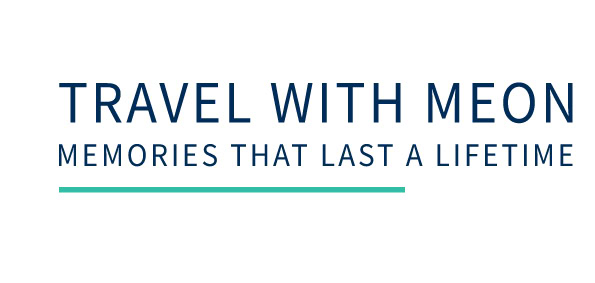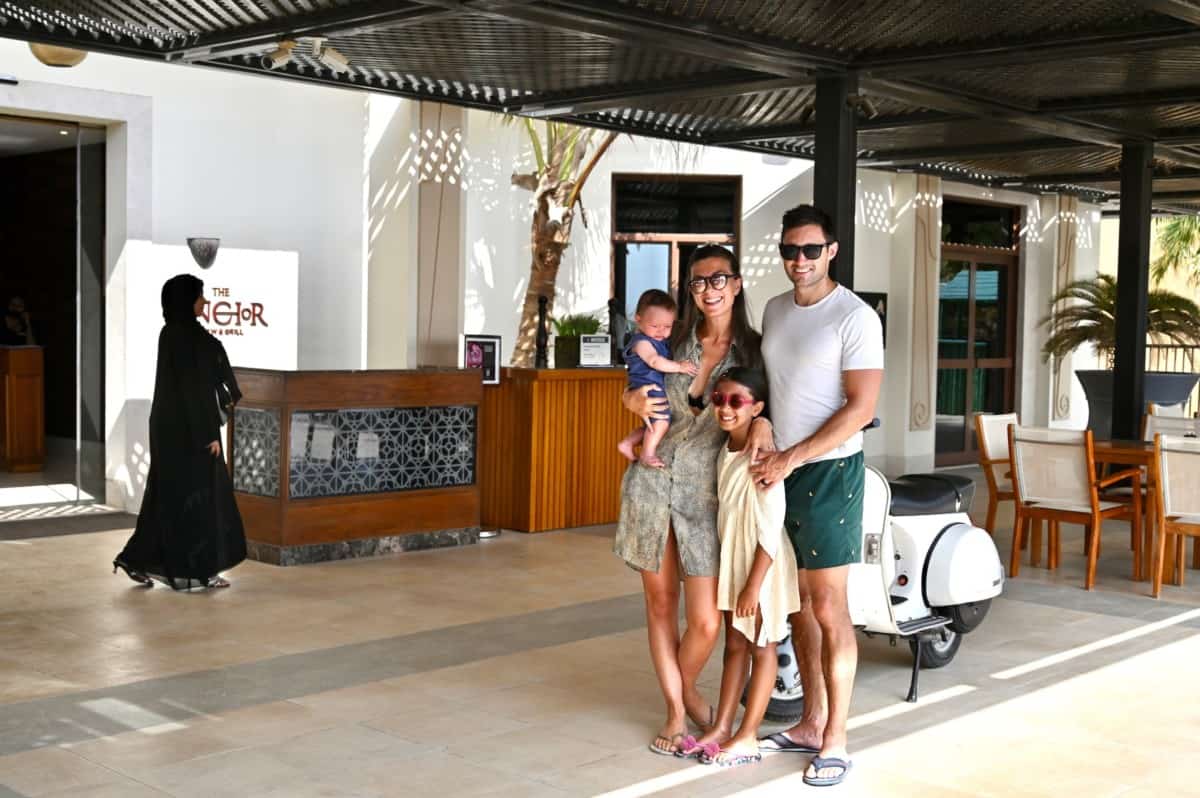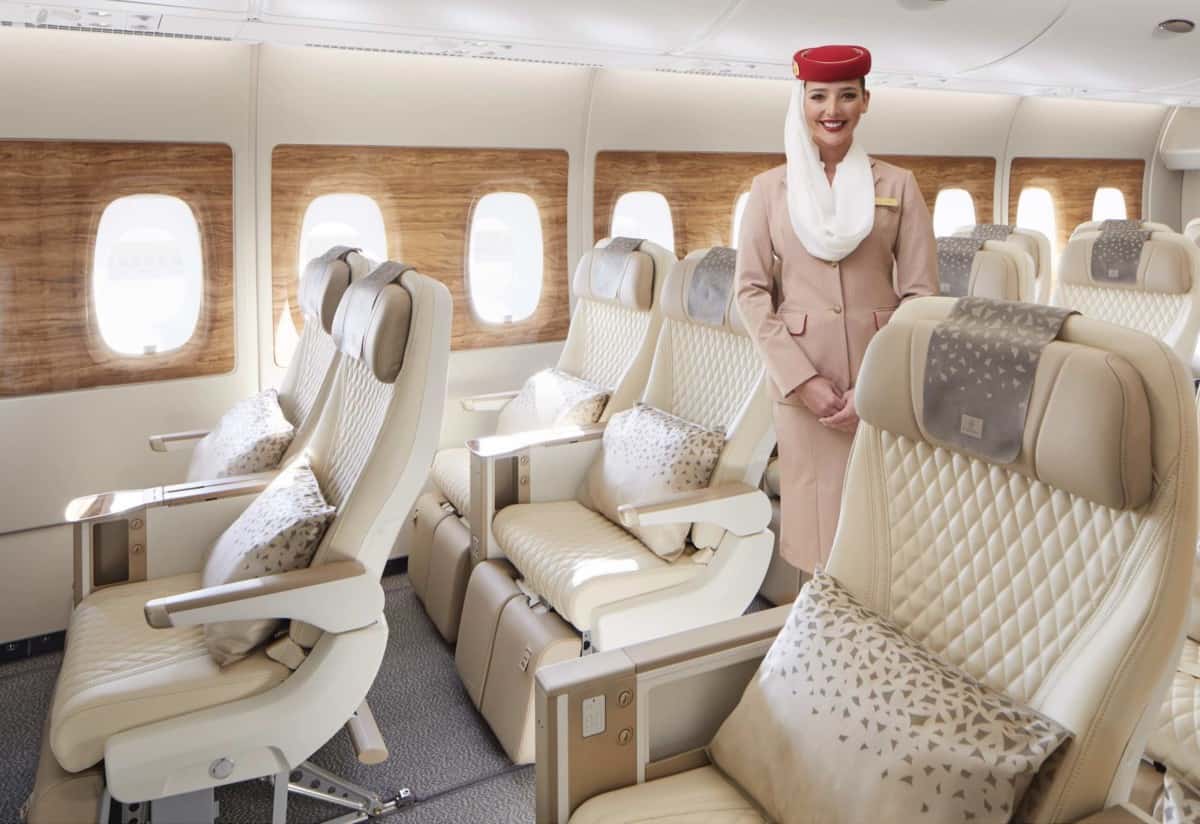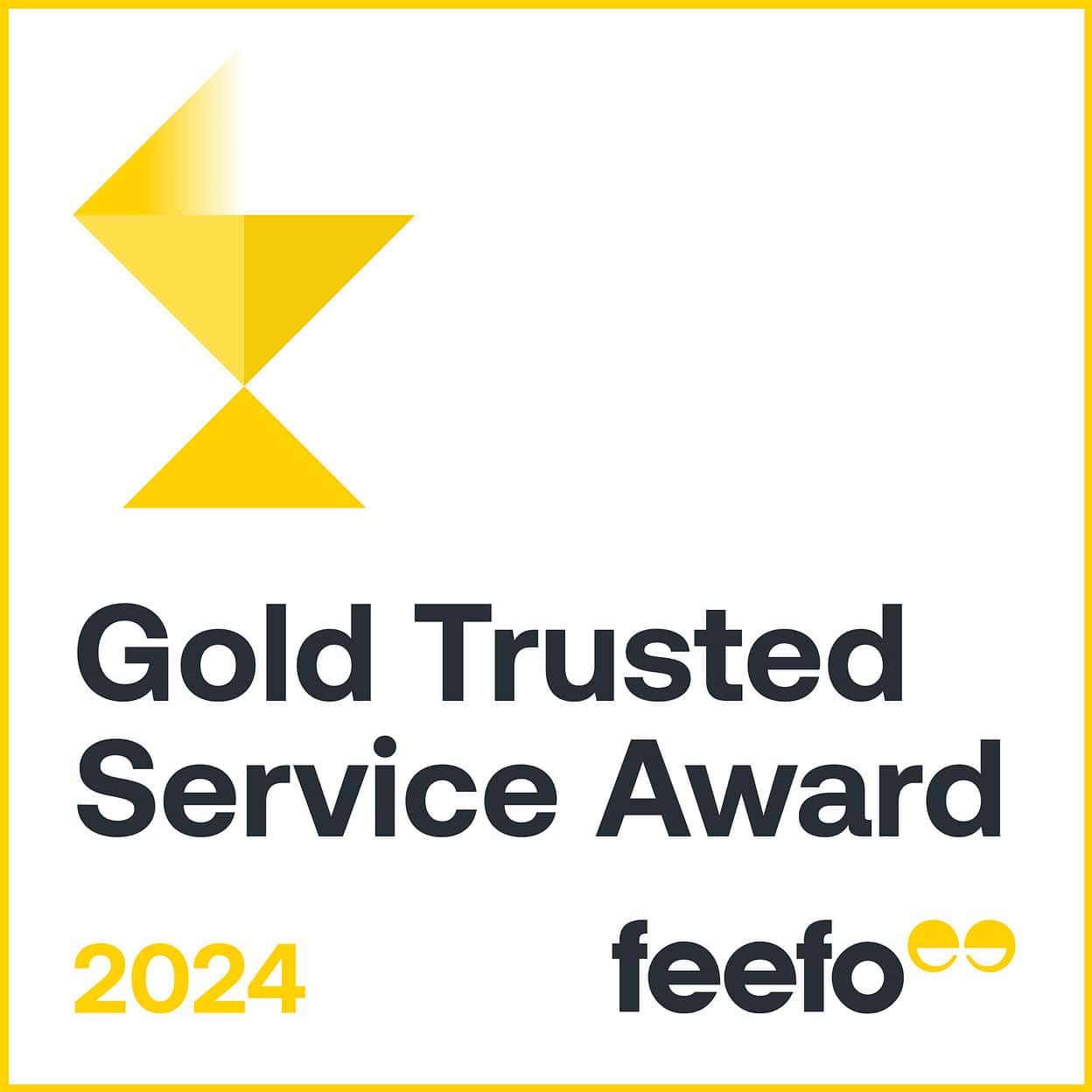What is what3words?
Some of you may be familiar with GPS coordinates: pairs of numbers that stand for a certain point on the Earth’s surface. They might look something like this: 51.520847, -0.19552100. These particular numbers represent the coordinates for what3words’ corporate office’s front door. No other position on the planet is represented by those numbers; the location identity is unique. What3words itself is a system for replacing those numbers with something much more memorable – but just as unique.
The company has divided the entire planet into squares, each one 3m x 3m, and assigned a unique three-word identity to each of them. Using the what3word system, the location 51.520847, -0.19552100 becomes ///filled.count.soap.
So that’s what it is: a system to indicate specific locations on Earth, much like standard GPS coordinates.
What is the point of what3words?
The question some ask is this: ‘If we already have a system to locate any position on the globe, and it seems to work well, why do we need another one? What’s the point?’
The idea is that an average person – even a fairly exceptional one in fact – is not going to easily remember 51.520847, -0.19552100, but remembering three words – in this case filled.count.soap – isn’t that bad.
Put that way, it makes a little more sense. In fact, if I gave you five seconds to memorize each of them, it’s pretty clear which one would stick in your mind, and which one is likely to fade a moment or two after you can’t see it anymore.
How is what3words being used?
At first glance, it might not be obvious, but in the real world it is credited with helping people meet up in crowded cities, find a specific tent at a specific festival – and even with saving three lives!
BBC News reported on three incidents that relied on the technology and resulted in saved lives. The first was a woman who fell near Everest’s base camp. The second was the rescue of a business traveller who suddenly found himself in the middle of a terrorist attack in Somalia, and the third was in response to a diving accident in the Maldives. It’s so effective and easy to use that they have a strong following among private users, 60 UK emergency services are already using it, and they have more than 1,000 partnerships with businesses, charities, institutions at the time of this writing – and they’re growing.
That’s a pretty impressive record for a relatively new system – it’s just over 5 years old.
Criticisms of what3words
Some criticize the system, pointing out potential problems such as the random nature of the word generation, or the proprietary nature of the system.
Such critics are concerned that words may seem disrespectful to the locations they indicate. Is ‘upstarts.gangs.shuffle’ (a real address in Gandan Khiid Monastery, Mongolia) suitable for a temple or church, for example? There are also some addresses, which I won’t mention here, which cross the line into strong sexual innuendo. To some, that’s also a big deal.
It is also worth considering, as more government and emergency services use this system, if it is appropriate to have it remain in the hands of a private company? What if it goes bust? Ups its prices?
Another problem is that the words use language, whereas GPS coordinates use numbers, which are culturally-neutral and familiar to nearly everyone. The company has tried to account for this by supporting 37 different languages, but critics see this as each location actually having 37 different addresses then, rather than the one unique address the company claims. Add this to the fact that a single building might have dozens, or hundreds of addresses in it, and one can see where some confusion could potentially occur.
The standard GPS coordinates system has its own flaws, however. Difficulty interfacing with EMS systems, the bulky, unintuitive format, and the intimidation factor that discourages many would-be users are a few of the big ones.
Despite criticism of the what3words system, it is growing in popularity and widely used for a broad range of purposes. The key to its success in our opinion? It is easy. Easy to remember. Easy to use.
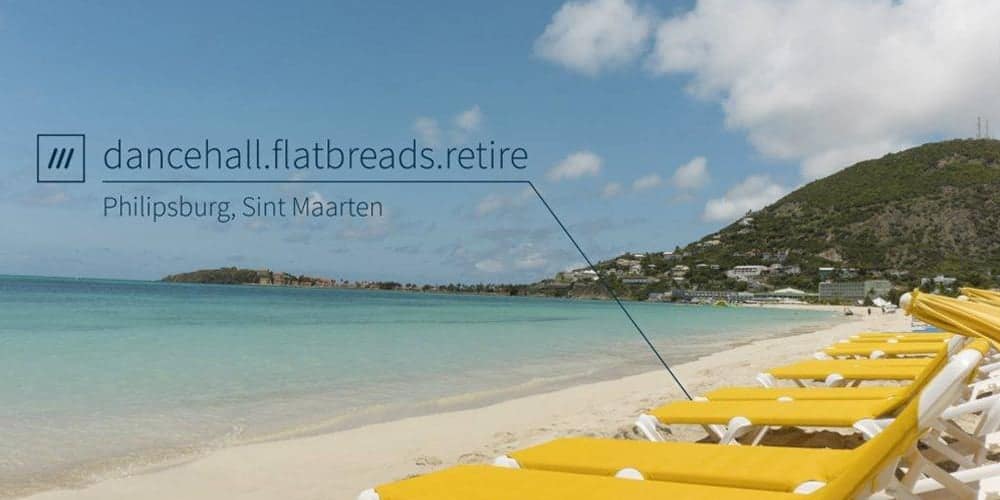
How can it help travellers?
One of the most evident uses of what3words is helping travellers find locations when on the move. Every 3mx3m square on the planet has its own address, so no matter if you are finding something in downtown San Francisco or in the Australian Outback, you can get there quickly and easily with a simple 3-word address.
It is too common for travellers to show up at a hotel only to find that they are supposed to be at a hotel of the same brand in another part of the city. This happens with all kinds of multi-location businesses, including mechanics, hotels, work spaces, and especially restaurants. Eliminate this problem by using one of what3words’ unique addresses.
This works well for setting meetings too, especially in obscure locations required by some industries – or some tourists! The location is easily communicated via phone or text, and easy to remember and use. ‘Expenditures.recreation.potbelly’ gets you to that Mongolian yurt just as easily as ‘prices.slippery.traps’ lands you at the Eiffel Tower. Since most locations have several 3m2 meeting points, choose one that’s memorable and it’s in your head forever.
In a nutshell, it takes the bulky GPS coordinate numbers and replaces them with something that is as accurate, but way easier to remember, less intimidating to use, and can even be a little fun (like ‘broken.parts.daily’ near a scrapyard in San Antonio, Texas, or ‘credit.card.denied’ in Ontario, Canada).
Well-known travel products (like Lonely Planet guides, TripUGo, Airsorted and more) now include what3word addresses for each of the mentioned locations, and you’ll find what3word address signs in many shop and restaurant windows too.
Another useful feature is that the app works offline, so users can find out where they are and figure out a way to get where they’re going even if they’ve lost an internet signal.
An explanation of how this app can help travellers and business travellers is really as simple and easy as using the app itself. You want to find a precise location? Anywhere? Even if phone signals are low or missing? What3words is your solution.
